What Are the Effects of Ozone Depletion on Your Body? The Truth Might Shock You
Ozone depletion is caused by various human activities. Read about the effects of ozone depletion on the human body. Learn how to protect the ozone layer.
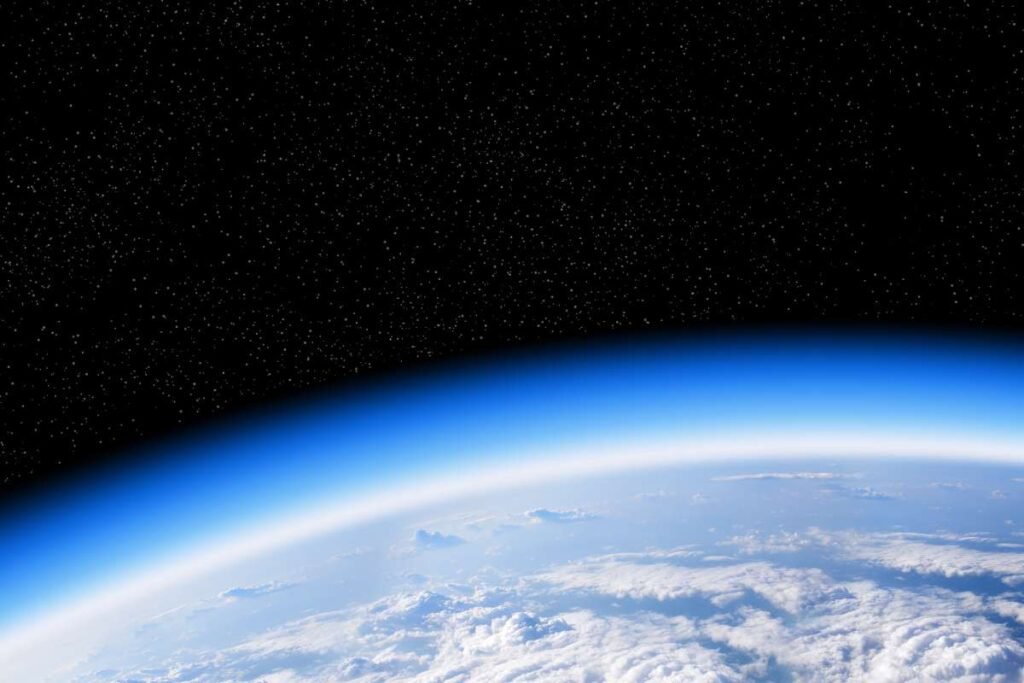
- Source: studio023
Most people do not need an introduction to the ozone layer. It exists in the stratosphere, which is the second layer of the Earth’s atmosphere. Its job is to absorb harmful ultraviolet (UV) light that is emitted by the sun. Hence, it is essential for shielding all life on earth.
Unfortunately, human activities have caused damage to the ozone layer. Increased exposure to UV rays can lead to a range of health issues. They can cause skin problems and eye damage. They can even leave you with a weakened immune system. This is why understanding the effects of ozone depletion on human health is important. What are they? Let us find out.
Effects of Ozone Depletion on Human Health
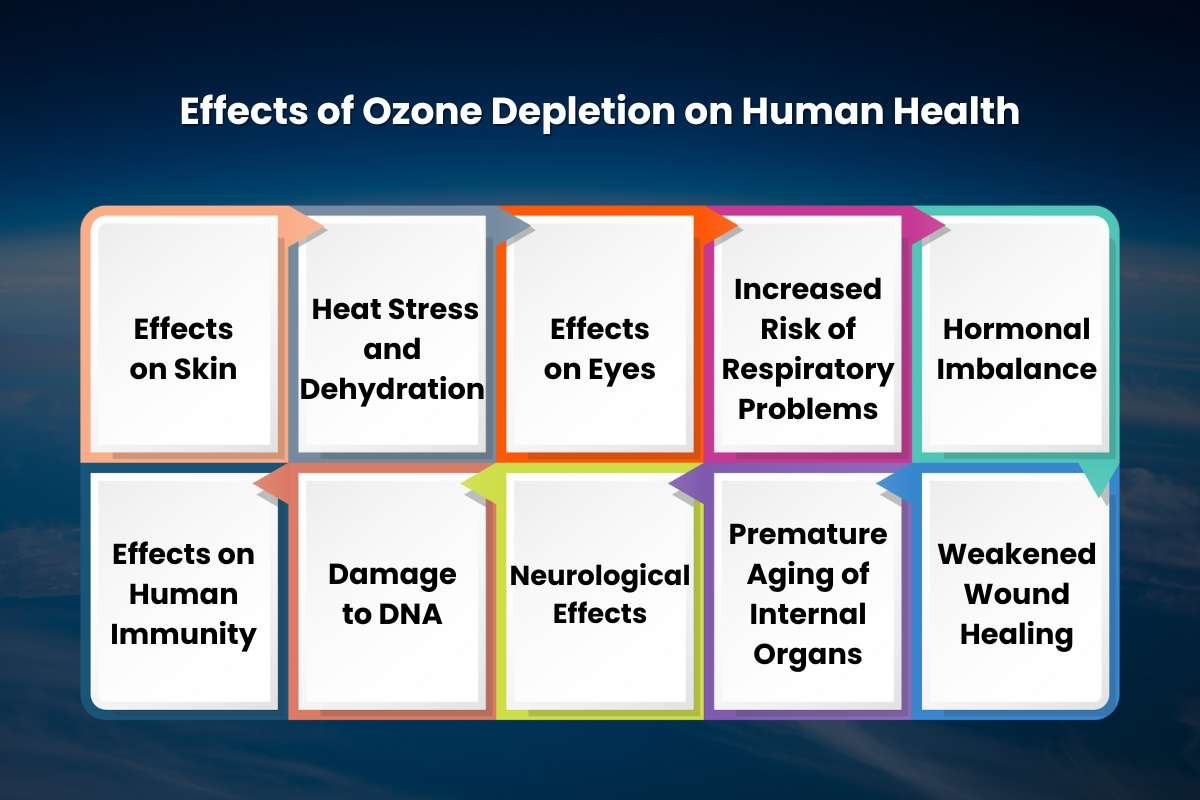
1. Effects on Skin
One of the biggest effects of ozone depletion is on the skin. UV radiation can lead to various diseases by altering the structure of biomolecules. Prolonged exposure to UV light can cause skin cancer. This is because the skin is exposed to UV radiation the most. There are two types of skin cancer: Melanoma and Non-melanoma. UV radiation can also be responsible for breast cancer and leukemia.
It can also accelerate aging by breaking down collagen and elastin. This results in a high amount of wrinkles and dark spots. UV radiation can also slow down the skin’s immune system. This makes it harder to fight infections and heal injuries.
Also Read :- 10 Proven Tips for Radiant Skin: Achieve a Natural Glow
2. Effects on Eyes
The major cause of blindness in the world is cataracts. According to a study published in the National Library of Medicine, with 5-20% depletion, there will be 167,000-380000 additional cases of corticoid cataract by 2050. UV radiation produces oxidative oxygen. This oxygen can severely damage the lens of the eye. The cornea can also be damaged. UV radiation can contribute to pterygium. This can cause a tissue to grow on the eye and cause macular degeneration. This affects the central part of the retina.
The eyes are especially vulnerable because they absorb UV rays more easily. The damage can accumulate over time. Hence, wearing protective eyewear is necessary.
Also Read :- Say Goodbye to Tired Eyes: How to Get Rid of Dark Circles Naturally?
3. Damage to DNA
Another one of the effects of ozone depletion is DNA damage. Exposure to UV-B radiation can disturb molecules such as proteins, lipids, and nucleic acids. This may lead to mutations in the DNA. It can result in basal and squamous cell carcinomas. These cancers develop due to errors during DNA replication.
DNA damage from UV exposure affects how cells grow and divide. This can lead to potentially abnormal tissue development. Repeated UV exposure can accumulate genetic damage. This can affect individual health as well as future generations.
Also Read ;- Secrets of Life: Innovations and Applications in DNA Sequencing
4. Effects on Human Immunity
UV radiation affects the overall immunity. It damages immune cells, particularly those in the skin. It interferes with their ability to recognize and respond to harmful pathogens. This impairment reduces the body’s defense against infections. It makes it easier for bacteria, viruses, and other microorganisms to cause illness.
Additionally, prolonged UV exposure can disrupt the balance of immune-regulating chemicals. This can lead to inflammation and a reduced ability to repair tissue damage. Over time, weakened immunity increases the risk of skin infections, respiratory problems, and cancer. This highlights the importance of protecting our immune system.
5. Increased Risk of Respiratory Problems
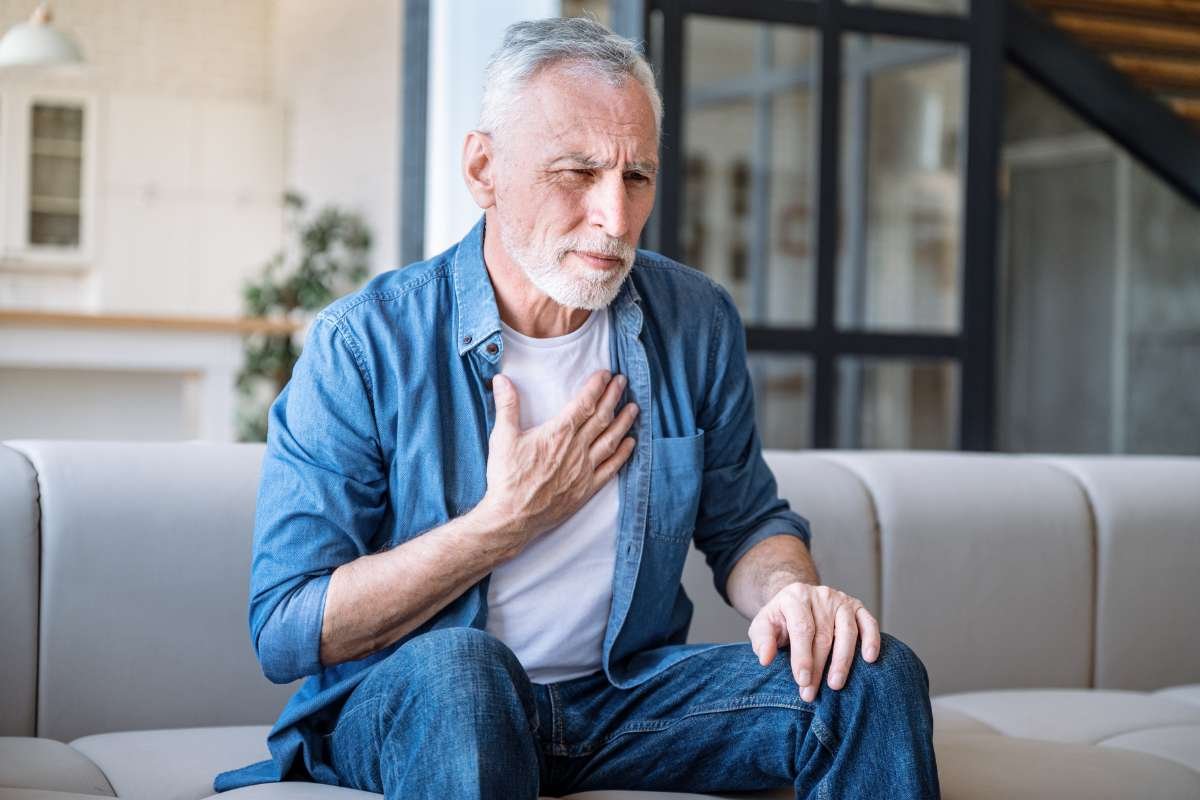
6. Heat Stress and Dehydration
With less ozone protection, more UV rays and heat reach the Earth’s surface. This increases the risk of heat stress. The body struggles to regulate temperature, leading to dehydration, heat exhaustion, and heatstroke. These conditions are particularly dangerous for the elderly, children, and those with pre-existing health problems.
7. Hormonal Imbalance
The effects of ozone depletion also include hormonal imbalance. UV radiation can disrupt endocrine functions. This interference affects hormone production and regulation, potentially leading to thyroid problems, reproductive issues, and metabolic disorders. Hormonal imbalance may also contribute to chronic diseases and affect overall well-being.
8. Neurological Effects
Excessive UV exposure can lead to neurological issues. Chronic exposure is linked to headaches, fatigue, and difficulty concentrating. Over time, the nervous system may suffer from oxidative stress, contributing to cognitive decline and affecting mental health, mood, and overall brain function.
9. Weakened Wound Healing and Tissue Repair
Exposure to higher levels of pollutants from ozone depletion slows the body’s natural healing processes. Damage to cells and tissues takes longer to repair, increasing the risk of infections, chronic inflammation, and complications from minor injuries. Over time, this can impair recovery and overall health.
10. Premature Aging of Internal Organs
Chronic exposure to UV radiation accelerates oxidative stress, which damages cells and tissues in internal organs. This can lead to premature aging of the heart, lungs, and liver, impairing their function over time. Such damage contributes to a decline in overall health and lifespan.
Those were some effects of ozone depletion on human health. They clearly show why it is necessary to protect the ozone layer. But how is the ozone layer getting depleted in the first place?
Causes of Ozone Layer Depletion
Ozone depletion occurs when the balance between the creation and destruction of ozone is disturbed. This can happen due to natural causes. But, in recent years, a lot of human activities have contributed the most. The most common reasons for ozone depletion include:
1. Global Warming
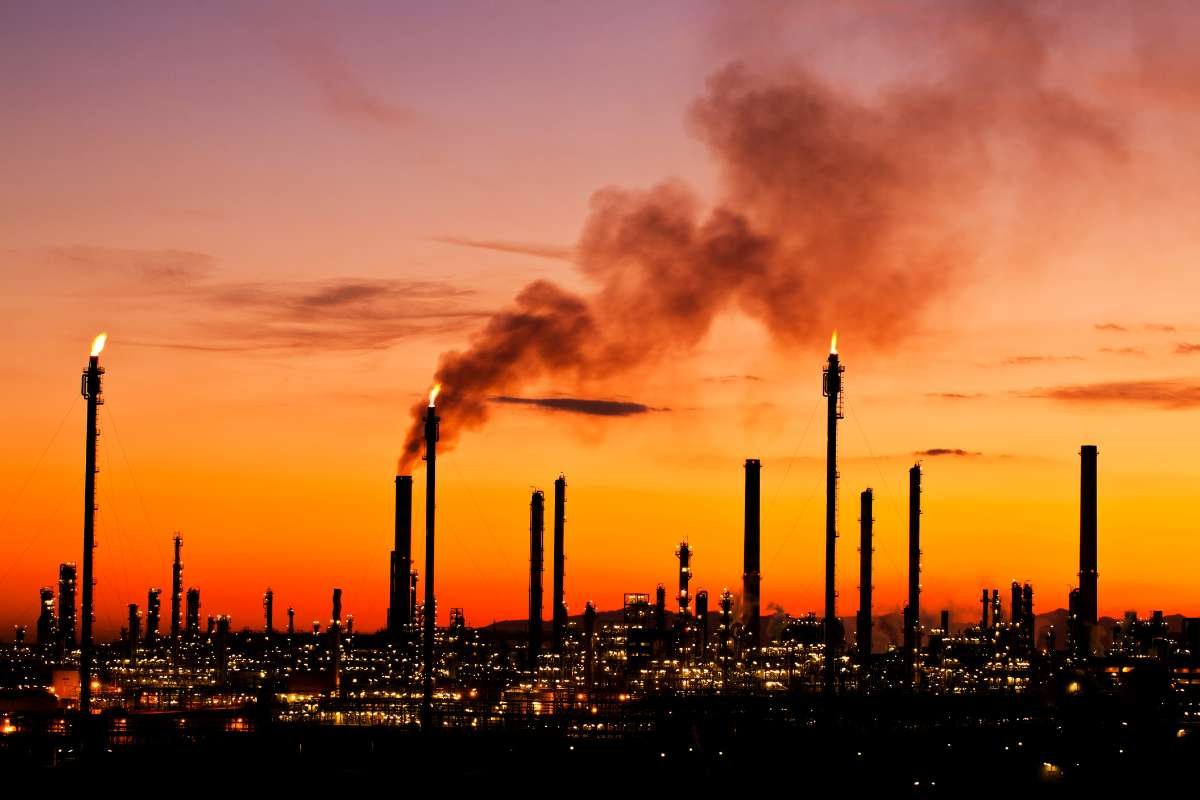
2. Chlorofluorocarbons
All ozone-depleting chemicals contain a mixture of chlorine, fluorine, carbon, and bromine. These are called chlorofluorocarbons or CFCs. CFCs are non-combustible and highly volatile. They evaporate quickly and reach the stratosphere. Once they come in contact with ozone, they start depleting ozone molecules.
3. Rocket Launches
Another major cause for the shrinking ozone layer is rocket launches. Unregulated rocket launches can affect the ozone even more than chlorofluorocarbons. Many rocket propellants contain chlorine-based compounds. When rockets burn, these chemicals are released. They then proceed to break down ozone molecules.
4. Nitrogenous Compound
Nitrogenous compounds released by human activities can be greatly detrimental to the ozone layer. Nitrogen oxides (NO and NO₂) destroy ozone by converting it into molecular oxygen. These reactions can happen repeatedly. So, even small amounts of nitrogenous compounds can cause significant ozone loss.
As you can see, there are many ways in which the ozone layer can be reduced. This can be quite harmful for humans. So, we need to stop exposure to ultraviolet light, rays, and radiation. But how exactly does one go about doing this?
How to Prevent Ozone Depletion?
There are many ways that we, as individuals, can take to protect ourselves and reduce the effects of ozone depletion. This starts with making sure that the ozone is recovering. The steps that we can take to achieve this include:
1. Minimize the Use of Cars:
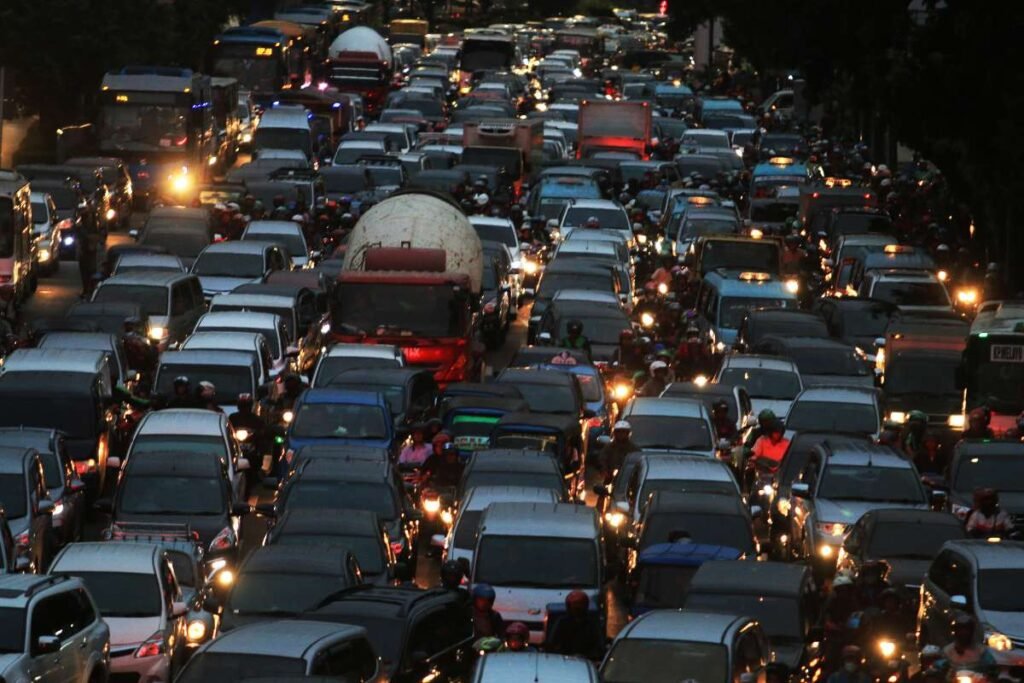
2. Do not Use Harmful Cleaning Products:
Some cleaning products release chlorofluorocarbons. Choosing safer alternatives can prevent these harmful chemicals from entering the atmosphere
3. Avoid Dangerous Gases:
Avoiding gases such as CFCs, halons, and other industrial chemicals helps protect the ozone layer. So, one must use products that are safe for the environment.
4. Buy Local Products:
Buying local goods reduces transportation-related emissions. Less shipping means lower fuel consumption and fewer harmful gases released into theatmosphere.
5. Maintain Air Conditioners:
Proper maintenance prevents refrigerant leaks. Refrigerants contain CFCs. Regular servicing can ensure that air conditioners operate efficiently.
Conclusion:
Increased exposure to harmful UV rays puts people at risk of serious conditions. Hence, the effects of ozone depletion on human health are a growing concern. By understanding the risks and adopting preventive measures, we can reduce the harmful impact of UV radiation. In the end, staying informed and taking action today will help ensure a healthier future for ourselves.
FAQ
1. What precautions can I take to protect myself from UV radiation?
A. Wearing sunscreen with high SPF, protective clothing, wide-brimmed hats, and sunglasses can reduce UV exposure.
2. Which groups of people are most at risk from the effects of ozone depletion?
A. Children, outdoor workers, the elderly, and those with fair skin are especially vulnerable. These groups are more likely to experience health issues from UV exposure due to weaker immune systems or increased time spent outdoors.
3. How does climate change relate to ozone depletion and health risks?
A. Certain pollutants that contribute to ozone depletion also affect climate change. As temperatures rise, ozone layer damage can worsen, leading to higher UV levels.